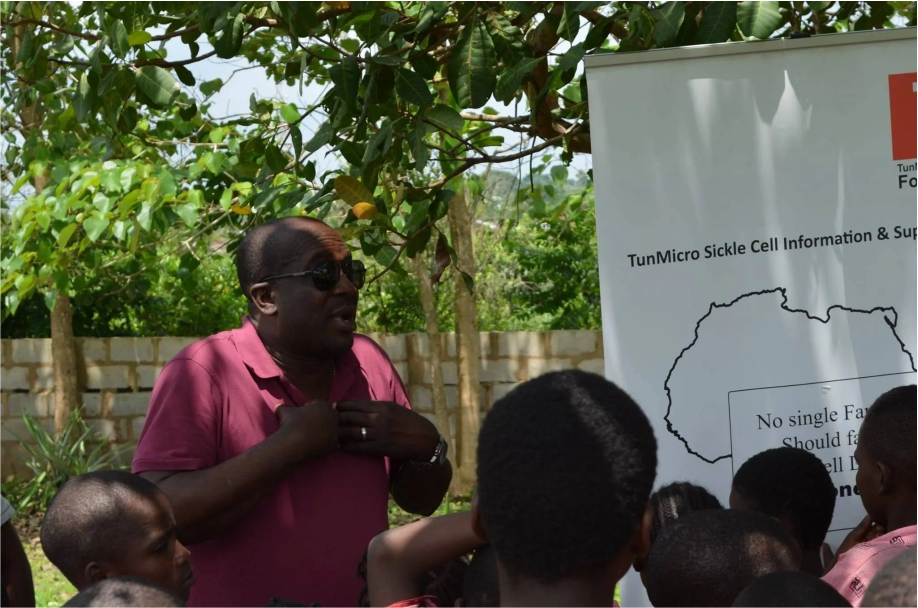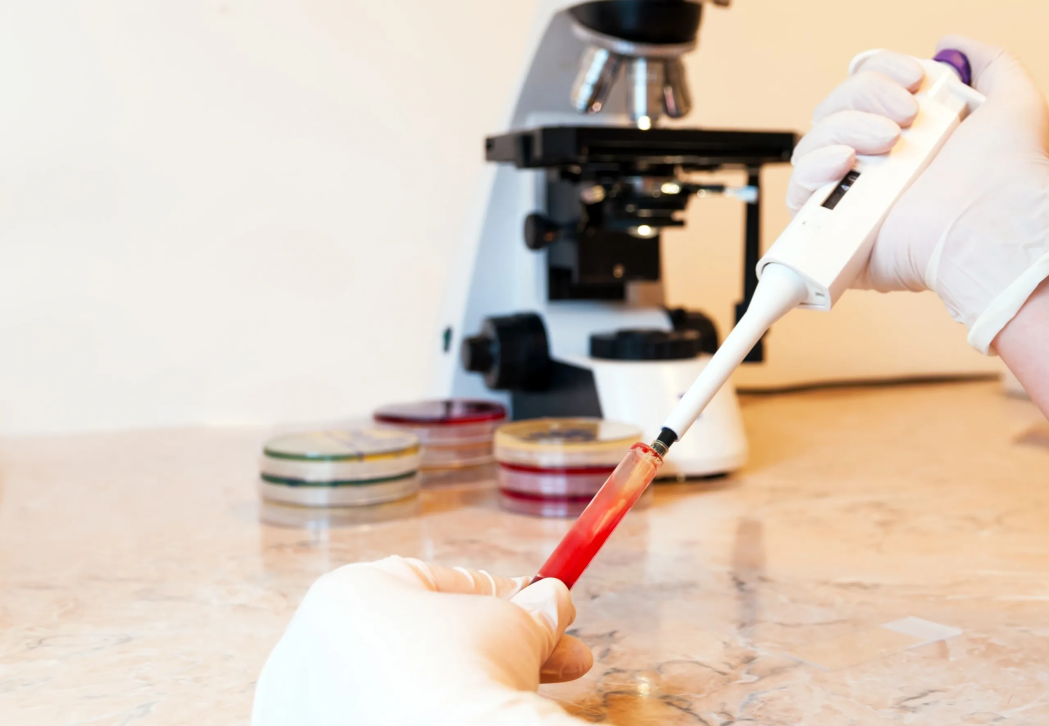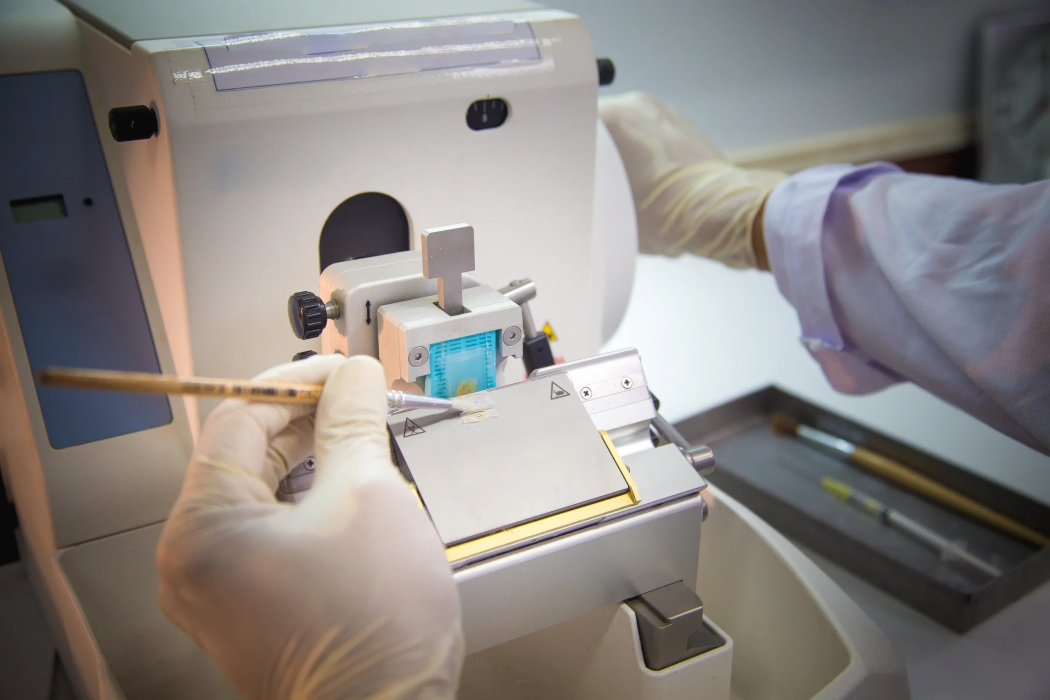
How we intervene
We provide services for adults, young people, and children in Africa with sickle cell disease and their families.
Our team provides specialist diagnostic and caring services to the people of Africa, particularly Nigeria, who are at risk of having, or already have, an unusual haemoglobin type. We have offered free sickle cell/Genotype testing in Lagos, Ogun, and Osun states. We also provide the same service to families and carers affected by sickle cell disease and thalassemia.
We’re based in the UK, but when we visit Africa, we will work closely with locally based partners to ensure we deliver the best care.

With school children at one of the TunMicro sickle cell outreaches in Olodo rural community, Ogun state Nigeria 2017
TunMicro current activities
Sickle cell screening: community outreach good practice
With funding from public and corporate organizations, TunMicro has established a population-based surveillance system to collect samples of old, young, and children to analyze longitudinal data about the genotype status of people living in Nigeria.
However, due to limited funding, implementation of our program has occurred only in 3 states of South-west Nigeria since 2015. Data is being collected from multiple sources (school children for free screening programs, and public health opened the door to everybody) to create individual genotype status utilization profiles.


We are expanding our SCD Surveillance, Outreach, and Education Programs to help individuals with this disease receive adequate care and treatment. Dedicated funding for TunMicro's SCD Data Collection Program is necessary to expand our program to include other communities in Africa and other parts of the world to cover the majority of the world's SCD population over the next 50 years.
Surveillance is necessary to:
• Improve understanding of the health outcomes of people with SCD.
• Increase evidence for public health programs and establish cost-effective practices to improve and extend the lives of people with SCD.
Sickle Cell recommendations
Awareness of sickle cell disease in ethnic communities is encouraged.
Prevention
There are only limited means of preventing sickle cell disease. African community members are expected to take advantage of our free sickle cell testing each year we visit. When a person tests sickle cell trait positive, we counsel them to make an informed choice.
Full-blown sickle cell sufferers are sent to the proper and correct professional in charge to care for him or them.

Services for children
Sickle cell disease in Childhood: the NHS published standards and Guidelines for clinical care in 2010 (NHS Screening Programmes, 2010).
It sets out how specialist hemoglobinopathy teams should provide hospital services for sickle cell disease at; hospitals in urban areas with a large local population of children with sickle cell disease, prominent district general or teaching hospitals in low prevalence areas with few local patients, but where geography dictates that they will need to provide most services for sickle cell patients. These hospitals act as a centre of expertise for patients in the surrounding areas.
The document sets standards for what should be available from a specialist hemoglobinopathy team. No hospitals in Suffolk fall into these categories. All other district hospitals, such as those in Suffolk, should provide a local hemoglobinopathy service.
This should:
• Have a named paediatrician to link to the specialist hemoglobinopathy team and neonatal screening laboratory.
• Arrange initial contact with family and provide a paediatric clinic for routine outpatient management.
• Promote and support management at home by a parent, GP, and community sickle cell and thalassemia centre (if available).
• Manage acute pain and acute anaemia and provide initial care for other complications before transfer to the specialist hemoglobinopathy team according to shared guidelines and protocols.
• Liaise with the specialist hemoglobinopathy team for annual review.
• Follow up with children who fail to attend, reporting to the specialist hemoglobinopathy team on the annual activity as part of a network review meeting.
• Liaise with local authorities, e.g., education and social services.
The project
• Reports of screening
• Sickle cell awareness in schools
The sickle cell project is essential in our ongoing sickle cell free generation campaign because most Nigerian families do not know sickle cell status. The percentage of those who lack knowledge about sickle cell far outweighs the number of those who are knowledgeable.
For instance, findings carried out during the exercise in July 2016 revealed that out of the 758 that benefited from the free genotype testing exercise, 699 of the beneficiaries (about 92.2 %) are ignorant of the trend; only 25 persons (about 3.3 %) knew, while 34 (4.5 %) are neither naive nor knowledgeable about it.
Provision of Free Sickle cell screening/genotype testing for interested school children and community members is a project we have been providing since the inception of this organization to change the face of Sickle Cell Disease in Africa.
Secondly, because of little awareness of this gene disorder in many developing countries, we are also committed to creating aggressive sickle cell awareness as well as the provision of free genotype tests both in primary and secondary schools in Africa.
The Foundation also counsel the public about this disorder to make informed choices before their reproductive age. All these were achieved in conjunction with our partners in Africa.
Past Genotype testing reports in the last four years from the South-west Nigeria rural communities of Nigeria include the following:
Reports of screening
Data on TunMicro screening services for sickle cell disease are published for each community. For instance, TunMicro Screening Programmes, in 2016 at Oshodi in Lagos state, was the first lunch of our free Genotype/sickle cell test.
In Dec. 2015, 740 blood samples from the public were processed in Public Health Centre, Oshodi/Isolo LGA. Oshodi community, Lagos state Nigeria (TunMicro Screening Programmes, 2016) – 740 beneficiaries in Oshodi/Isolo & Modakeke local government areas of Lagos and Osun state, respectively.
From the results collated after the exercise in Oshodi, 479 beneficiaries of the free tests were discovered to have the ‘AA’ status, constituting 70.5% of the total number of persons screened. Others are 157 ‘AS’ – 23.1%; 32 ‘AC’ -4.7%; 5 ‘SC’ – 0.74%; and 6 ‘SS’ – 0.88%. The result from the exercise carried out in Modakeke of Osun state, 40 beneficiaries were ‘AA,’ constituting 69% of the total screening. Others are 12 ‘AS’ – 21%; 3 ‘AC’ – 5.2% and 3 ‘SS’ – 5.2%
Odeda local government, Olodo community in Ogun state Nigeria (TunMicro Screening Programmes, 2017) - 758 Odeda local government children benefitted from live-changing Genotype testing. Male beneficiaries- 374 (59.7%), Female beneficiaries- 384; the exercise recorded 216 children beneficiaries (28.5%); 382 adolescents (50.4%); 159 adults (21.0%) and only one with unidentified age, which constitutes 0.1% of the total number of participants. The genotype results derived from screening revealed that 541 beneficiaries belong to the AA group (71.4%), AS -171 (22.6%), AC – 35 (4.6%), SC – 8 (1.1%), CC – 2 (0.3%), SS – 1 (1.0%).
Makoko community in Yaba, Lagos state Nigeria (TunMicro Screening Programmes, 2019) - 633 Makoko children benefitted from live-changing Genotype testing. Male beneficiaries- 378 (59.7%), Female beneficiaries- 255 (40.3%). AA - 455 (71.9%), AS -144 (22.7%), AC – 26 (4.1%), SS – 8 (1.3%).
Keystone Bank Headquarters, Lagos state, Nigeria (TunMicro Screening Programmes, 2019) – 100 Keystone Bank Staff benefitted from our free Genotype testing—male beneficiaries - 74%, Female beneficiaries – 26%. AA – 74%, AS – 24%, AC – 2%.
Support TunMicro
Reach out to us today to find out more about how you can support our efforts to spread awareness about Sickle Cell Disease and Sickle Cell Traits.
